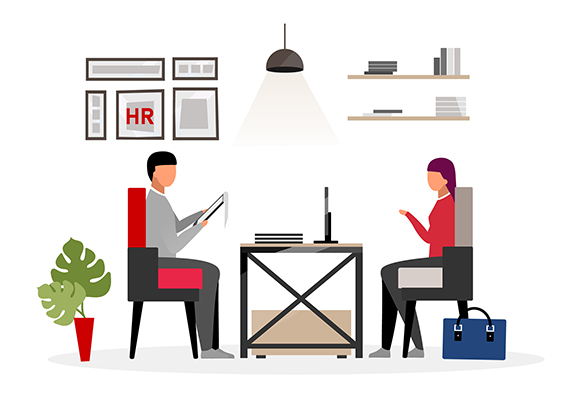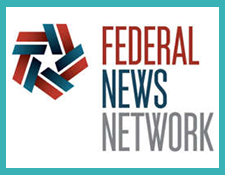
“It is much easier to apply for jobs these days due to technology. Just a click of a button online and you are done. However, many recruiters still want to get a better sense of who you are as a potential employee. I know some online application systems may not allow for it, but when you can provide one, well written cover letters or cover emails are still valuable. They provide a sense of your writing skills and allow you to elaborate on how you are a good match for the position.
The cover letter may also help you to stand out from others who just quickly sent their resume. Follow up thank you emails are also still relevant. I have seen many instances where this small effort made an impact on the hiring manager. It shows your continued interest in the position and allows you the opportunity to point out some things you learned about the organization during the interview.”
-Alicia, Sr. HR Business Partner, NonprofitHR www.nonprofithr.com
“First impressions stick, from how you show up to an interview, to the email address you use when submitting your resume. So while something like bigmama62@email(dot)com certainly will make an impression, it’s probably not the one you are going for.”
-Ann, HR Specialist, Federal Government
“My pet peeve during interviews is when a candidate doesn’t ask any questions. It makes them appear disinterested in the position. A good question to ask is, “What would the ideal candidate for this position look like?” A great follow-up question is, “Do you have any concerns, based on my qualifications and what we’ve discussed, about my ability to perform this role?” Then use their answer to make a case for why you’d be a great hire, despite these concerns. For example, “It’s true that I have fewer years of formal managerial experience than you’re seeking, but I’ve been informally leading successful project teams since 2008 and I believe my experience in this area will meet the need.”
Thank you notes do matter, but send via email and not US mail. A hand-written note is a nice touch, but it may arrive after the decision has been made. A thank-you email demonstrates that you’re interested in the role and serious about pursuing it. Lastly, be yourself! Let your personality come through so your interviewers get a sense of who you are. If the interviewers don’t mesh with you personally, it’s better for all concerned to find that out during the interview rather than on the first day of employment. And remember—they’re not the only ones with decision-making power. You’re interviewing them too.”
-Chloe, HR Director, Consulting
Read our blog post:
What HR Wants You To Know This Valentine’s Day

